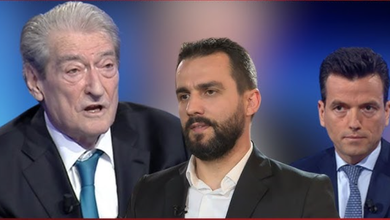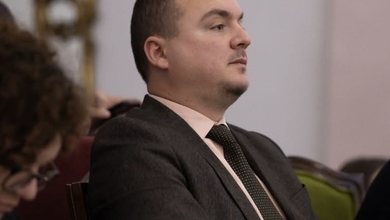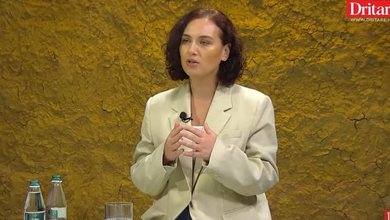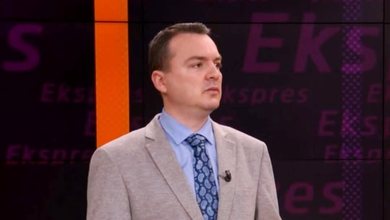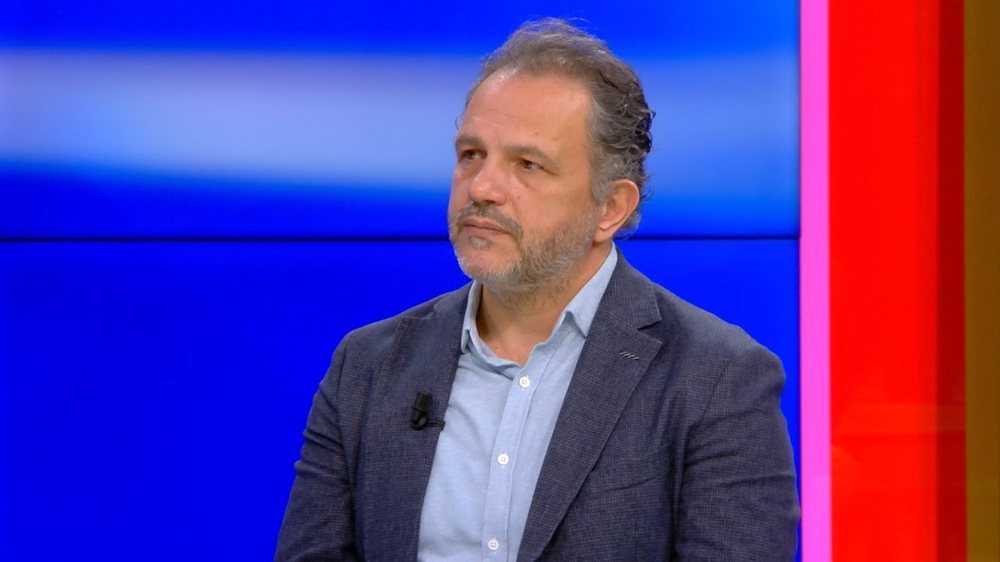
By Neli Demi
In our time, information no longer circulates as light, but as a mirror in which we see ourselves. People do not necessarily seek to see reality, but rather themselves within it. In every click, every headline, every debate, there is an unspoken desire: for the world to conform to the way we want it to feel: orderly, understandable, fair to us. If it does not conform, we feel anxiety. And anxiety is that primitive feeling that politics knows how to use better than anyone.
Thus politics serves as a defense against uncertainty. Freud would define this as an ego defense mechanism, a way of coping with the imperfection of the world. Essentially, the left and the right are two different ways of protecting ourselves from the same feeling: the fear of chaos.
The right seeks security, order, boundaries, identity. The left seeks justice, equality, inclusion, freedom. But behind the words they use, lies the same existential turmoil: the desire to understand where “I” ends and “the other” begins. Thus, political conviction becomes a psychic shield, a way to stabilize one’s sense of self.
Information has now become a substitute for faith. In this arena, information is no longer an instrument of reason, but a form of modern religion. We no longer read the news to be informed, but to make sure that the world continues to function according to our beliefs. If a contrary fact appears, we do not confront it but deny it, mock it, or despise it.
This is a form of political projection: we attribute to the other side all the disorder that we cannot accept within ourselves. “We are the reasonable ones, they are the dangerous ones.” “We defend freedom, they want dictatorship.” In fact, both sides speak from the same unconscious place, which is the fear of losing ourselves in a world without clarity.
In today's world, the intra-psychic phenomenon of "narcissism of truth" has begun to take on an even more dominant form. In the modern collective psyche, truth has replaced God. People once sought spiritual salvation; today they seek to be right. This is the narcissism of knowledge, where conviction becomes a mirror of the ego: if I am on the side of the truth, then I am good. But the moment truth becomes a function of self-esteem, it ceases to be true. This is why political dialogue degenerates into parallel monologues: everyone speaks to hear themselves. In this sense, the information age is the age of confirmation where intelligence serves to defend conviction, not to question it.
Thus, we are rapidly moving from dissonance to devotion. When facts do not match feelings, what Festinger called cognitive dissonance arises, which labels a tension between what we know and what we want to believe. Instead of enduring the truth that does not suit us, we soften it by excluding the source, inventing motives, or constructing theories that maintain our sense of righteousness. This is the process by which dissonance is transformed into devotion. And devotion, when created, is stronger than any fact.
In fact, I think the main “enemy” in this process is not the truth of the other. It is the emptiness! What is most frightening is not some “other side,” but the emptiness, the idea that no side fully possesses meaning. This is the fear that makes people cling to any authority that offers them emotional order. But it is precisely in this order that the possibility of authoritarianism also arises when truth ceases to be a quest, and turns into a sense of belonging.
At this moment, man no longer obeys reason, but rather his own fear, which takes the form of ideology or doctrine.
Perhaps we are no longer in the age of ideologies, but in the age of political psychologies. We no longer fight for ideas, but for the mirrors that give us a sense of unity. If there is to be any rebirth of reason, it will not come from facts, but from the courage to endure uncertainty, to not always be right, to not always be on the side of “good.”
Only then, perhaps, can the truth return to the light, and not to the mirror.




